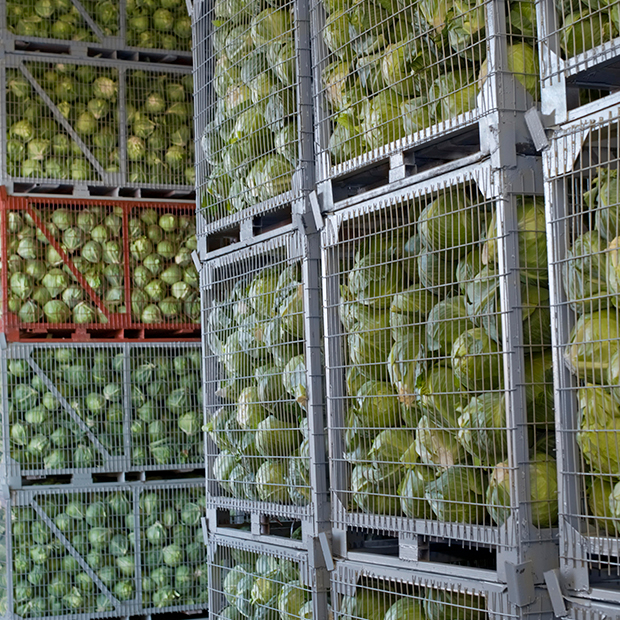
On December 28, 2018, the Colombian Ministry of Health issued Decree 2478 that establishes health procedures for the import and export of food, raw materials and ingredients for food industry for human consumption; for the certification and authorization of food manufacturing facilities located abroad different from those of greater risk in public health or the inspection, surveillance and control system of the countries interested in exporting to Colombia Foods of greater risk in Public Health, to protect human health and prevent possible damage to it.
The Decree replaces Decrees 539 and 590 of 2014, which were mainly directed to the verification of import processes.
It defines the process that must be followed for the importation of food for human consumption and includes the obligations of both importers and exporters. It mentions the importance of presenting the sanitary certificate of the country of origin for high-risk foods from animal source, and also indicates what are the obligations of importers of raw materials and / or ingredients used for the preparation of food products for human consumption.
The decree determines the procedure that must be followed for the application of the Sanitary Inspection Certificate for the importation, ("CIS"), emphasizing that INVIMA (Colombian Health Entity) will verify the sanitary certificate of the country of origin, will make the physical inspection of the product and will carry out the sampling and laboratory analysis for food, according to the risk map that the entity has established by type of product.
It also indicates that INVIMA will be responsible for issuing health inspection certificates for products, raw materials and / or secondary ingredients, to be exported if the interested party makes such request, the Entity will perform the physical inspections, take samples and / or laboratory analyzes that are necessary but underlines that in all cases the exporters will be responsible for ensuring compliance with the applicable regulations in the destination country.
It clarifies that if the INVIMA determines that imported food products other than those classified as having a greater public health risk of animal origin, do not comply with Colombian safety requirements associated with their manufacture, the manufacturing facility of said products must apply for the certification in Good Manufacturing Practices in accordance with the regulations in force in Colombia and INVIMA will notify the corresponding country; otherwise, said products may not be commercialized within the Colombian territory.
It defines the new requirements for the certification of facilities of greater risk in the public health from animal source located abroad, for which the INVIMA will define the procedures to be taken into account by the inspection, surveillance and control system of the exporting country, to protect the health of Colombian consumers. Likewise, INVIMA will include in these procedures, and the instrument for verification of sanitary requirements for food products. The authorization procedure will be made known in advance, by said Institute, to the sanitary authority of the exporting country.
This new decree extends to five (5) years the validity of the Certification of food manufacturing facilities of greater risk in public health of animal source located abroad. It also gives the possibility that the inspection, surveillance and control system of the countries obtains the certification from INVIMA, for which the entity will define the authorization procedure of said system. The authorization process and the new validity of the certificates will become effective as of December 28, 2019.
This decree eliminates the qualification of food factories different from those of greater risk in public health of animal source located abroad.
From the publication of the decree, those interested in the qualification of food factories of greater risk in public health located abroad or that opt for the authorization of the inspection, surveillance and control system, will have a period of one (1) year to be in due compliance, counted from the publication of the respective authorization procedures issued by lNVIMA. During this term, articles 8 to 11 of Chapter V of Decree 539 of 2014, as amended by Decree 590 of the same year, remain in force.

